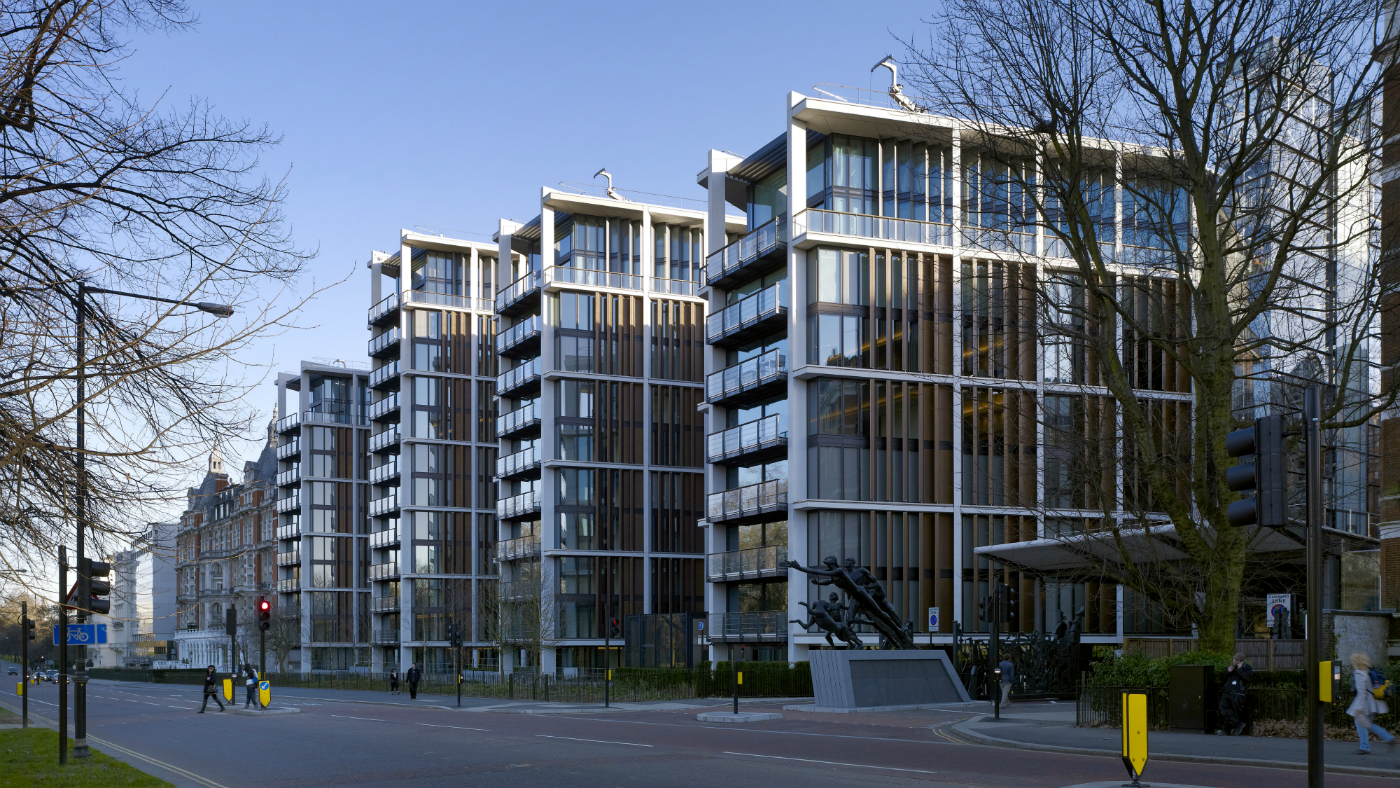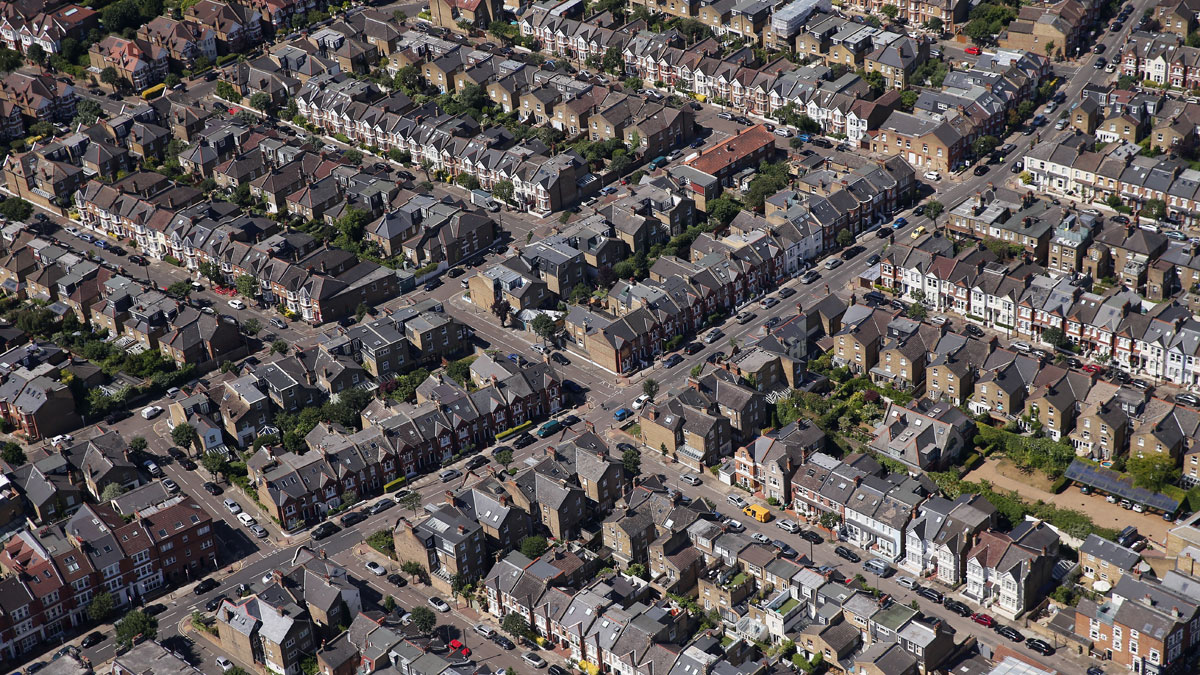One in five low-paid men now works part-time
IFS reports fourfold increase in number of men working in poorly paid, insecure jobs

A free daily email with the biggest news stories of the day – and the best features from TheWeek.com
You are now subscribed
Your newsletter sign-up was successful
Men in low-paid jobs are more likely to be working in insecure jobs on part-time hours than they were in the 1990s, the Institute of Fiscal Studies says.
Two decades ago, among men aged between 20 and 55 and classified as being on low pay, one in 20 was working part-time. That has increased fourfold to one in five, says the Guardian: "Meanwhile the proportion of middle and high-wage men working part-time remains low at less than one in 20."
Anti-poverty campaigners will cite the figures "to show how men with low skills and in areas of the country with few jobs are among the worst hit by the loss of well-paid full-time employment", it adds.
The Week
Escape your echo chamber. Get the facts behind the news, plus analysis from multiple perspectives.

Sign up for The Week's Free Newsletters
From our morning news briefing to a weekly Good News Newsletter, get the best of The Week delivered directly to your inbox.
From our morning news briefing to a weekly Good News Newsletter, get the best of The Week delivered directly to your inbox.
However, the study, which effectively identifies an increase in pay inequality for men, "does not reveal why increasing numbers of low-paid men are working part time", says the BBC.
One "school of thought" is that men have increasingly been forced out of "low-paid but secure" manufacturing jobs in recent years as these industries have waned, finding work instead in the "traditionally poorly paid and less secure services sector".
Six in ten part-time jobs held by men are in the retail, wholesale or hospitality sectors, jobs that in the past have been dominated by female workers.
In contrast, income inequality among women has fallen in the past two decades, while Office for National Statistics figures posted earlier this week revealed overall income inequality has also decreased.
A free daily email with the biggest news stories of the day – and the best features from TheWeek.com
However, this is mainly because of policies to boost pensions, which have seen incomes among retirees rise 12 per cent. Wages have dropped on average by 1.2 per cent, says the Financial Times.
Jonathan Cribb, senior research economist at the IFS, said: "To understand the drivers of inequality in the UK it is vital to understand the growing association between low hourly wages and low hours of work among men."
-
 6 of the world’s most accessible destinations
6 of the world’s most accessible destinationsThe Week Recommends Experience all of Berlin, Singapore and Sydney
-
 How the FCC’s ‘equal time’ rule works
How the FCC’s ‘equal time’ rule worksIn the Spotlight The law is at the heart of the Colbert-CBS conflict
-
 What is the endgame in the DHS shutdown?
What is the endgame in the DHS shutdown?Today’s Big Question Democrats want to rein in ICE’s immigration crackdown
-
 Brits keeping 21 million ‘money secrets’ from friends and family, survey reveals
Brits keeping 21 million ‘money secrets’ from friends and family, survey revealsSpeed Read Four in ten people admit staying quiet or telling fibs about debts or savings
-
 London renters swap cramped flats for space in suburbia
London renters swap cramped flats for space in suburbiaSpeed Read New figures show tenants are leaving Britain's cities and looking to upsize
-
 Should the mortgage holiday scheme have been extended?
Should the mortgage holiday scheme have been extended?Speed Read Banks warn that some homeowners may struggle to repay additional debt
-
 RBS offers coronavirus mortgage holidays
RBS offers coronavirus mortgage holidaysSpeed Read Taxpayer-owned bank follows measures taken in virus-struck Italy
-
 What are the changes to National Savings payouts?
What are the changes to National Savings payouts?Speed Read National Savings & Investments cuts dividends and prizes for bonds
-
 China clears path to new digital currency
China clears path to new digital currencySpeed Read Unlike other cryptocurrencies, Beijing’s would increase central control of the financial system
-
 Why are donations surging to the RNLI?
Why are donations surging to the RNLI?Speed Read Charity enjoys flood of funding after criticism for overseas work
-
 PPI deadline day: how to claim
PPI deadline day: how to claimSpeed Read Final chance for consumers to apply for compensation